Gmail users urged to check accounts as huge breach exposes 183 million passwords worldwide
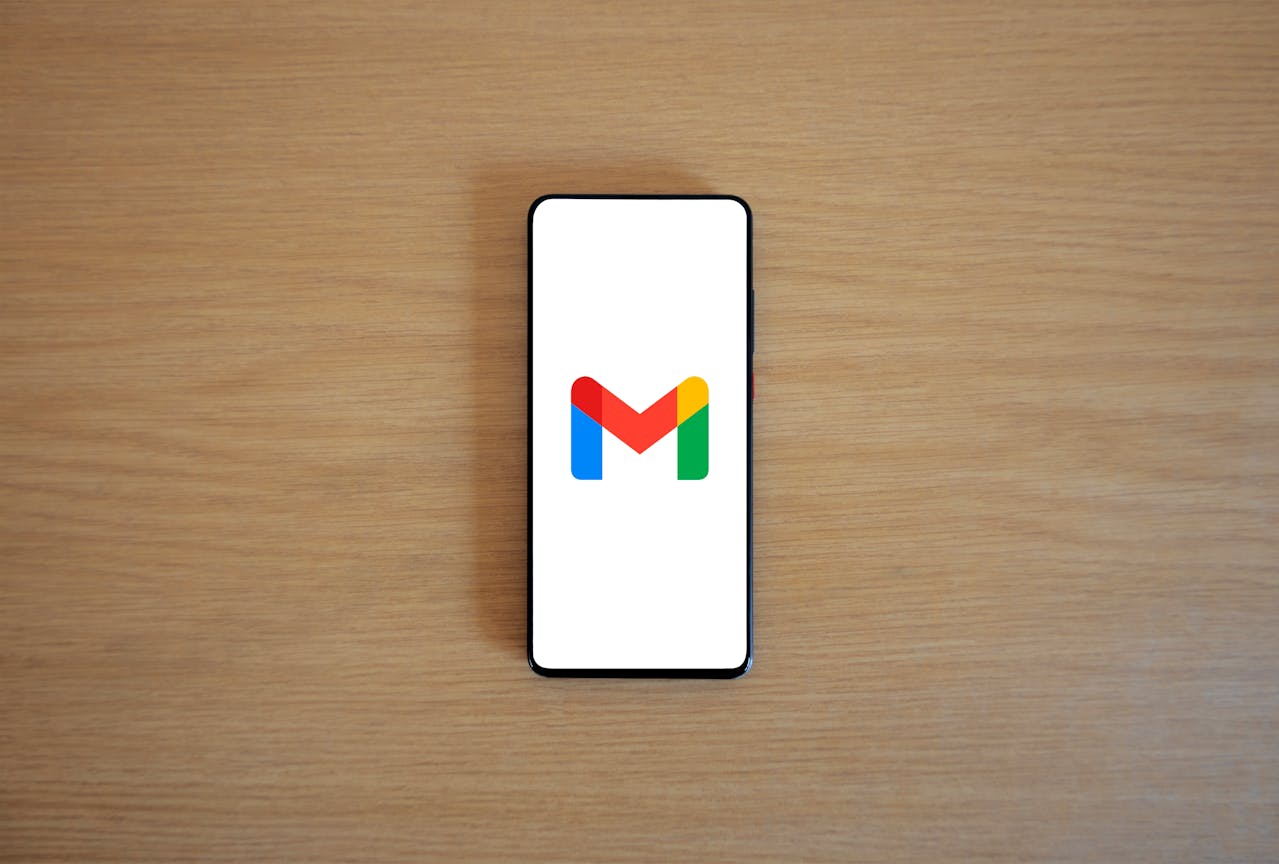
We live in an age where our lives are built out of data. Our conversations, our memories, our relationships, even our sense of self all exist somewhere inside a glowing screen. We trust that what we lock behind passwords will stay safe, that our secrets are sealed away in the invisible vaults of the internet. But every so often, something happens that reminds us how fragile that sense of security really is.
This week, the digital world received another wake-up call. Cybersecurity expert Troy Hunt revealed a breach so vast that it has shaken the foundation of online privacy. Around 183 million passwords have been compromised, swept into a growing ocean of stolen information totaling roughly 3.5 terabytes of data. While Gmail users have been urged to check their accounts, the truth is that this breach touches everyone. It’s not only a technical story, but a human one, about how we protect what defines us in a world that often feels wide open.
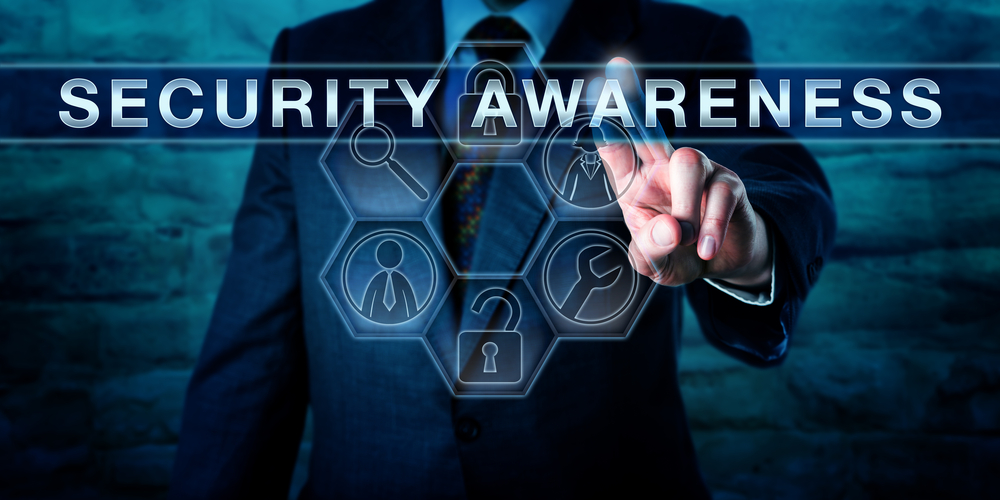
Image via shutterstock
A Breach of Unthinkable Scale
According to Australian cyber expert Troy Hunt, the creator of Have I Been Pwned, this is not a single data breach but rather a colossal collection of stolen credentials that have been compiled and circulated across the internet. Hunt describes the dataset as a “vast corpus,” an enormous archive containing millions of email addresses, passwords, and login records from across major providers such as Gmail, Yahoo, and Outlook. The stolen information was gathered by malware tools known as stealer logs, which silently record login details from infected devices. These logs don’t target any single company. They simply take everything they can find, every username, every password, every small piece of digital identity, and send it out into the world of hackers and data traders.
The result is a storm of personal data, scattered across forums and dark web markets where it replicates endlessly. Once your information is stolen, it never truly disappears. It travels through networks of criminals who use, sell, and resell it for profit. Hunt explained that once these “bad guys” have your data, it multiplies over and over again, crossing platforms, spreading from one database to another until it becomes impossible to trace its origin. This isn’t a single incident to be patched or forgotten. It’s a symptom of a much larger problem: the constant leakage of our digital selves into a system that thrives on our inattention.
The sheer size of this breach should make us pause. One hundred eighty-three million unique addresses mean that nearly every internet user could be connected to it in some way. It reveals how deeply our identities are intertwined with technology, and how easily those identities can be taken from us. What once felt private now exists in a state of permanent exposure, waiting for someone to use it in ways we cannot predict.
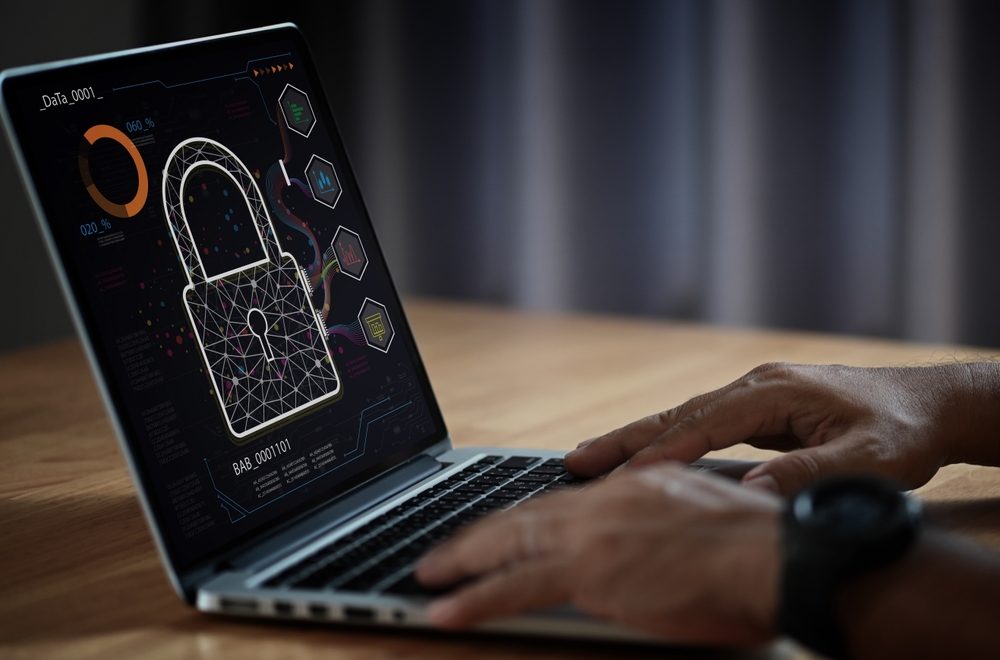
Image via shutterstock
Google’s Response and What It Teaches Us
After the warning spread across the web, Google quickly issued a statement to calm rising fears. A spokesperson confirmed that there has not been a new, Gmail-specific attack. Instead, they explained that the reported data is part of ongoing “infostealer activity,” a term referring to malware that targets a wide range of online activity rather than one particular service. Google assured users that it already protects against such threats by resetting passwords when it detects credential theft and by using several layers of defense across its systems.
Yet within Google’s reassurance lies a larger truth. Even with the strongest digital defenses in the world, ultimate responsibility still rests with the individual. Security is no longer something we can outsource to companies or governments. It begins with our habits, our awareness, and our willingness to take small but consistent precautions. Google urged users to activate two-step verification, a process that requires a second layer of confirmation when signing in, and to explore passkeys, a newer and stronger alternative to traditional passwords.
These steps may sound technical, but they are deeply human in essence. They are about protecting trust, protecting identity, protecting the parts of ourselves that exist online. Too often, we postpone the work of digital safety because it feels tedious or unnecessary. We tell ourselves, “I’ll change my password later,” and in doing so, we leave open a door we can’t see. This latest breach shows that small habits, like using unique passwords or enabling two-factor authentication, can be the difference between safety and exposure.
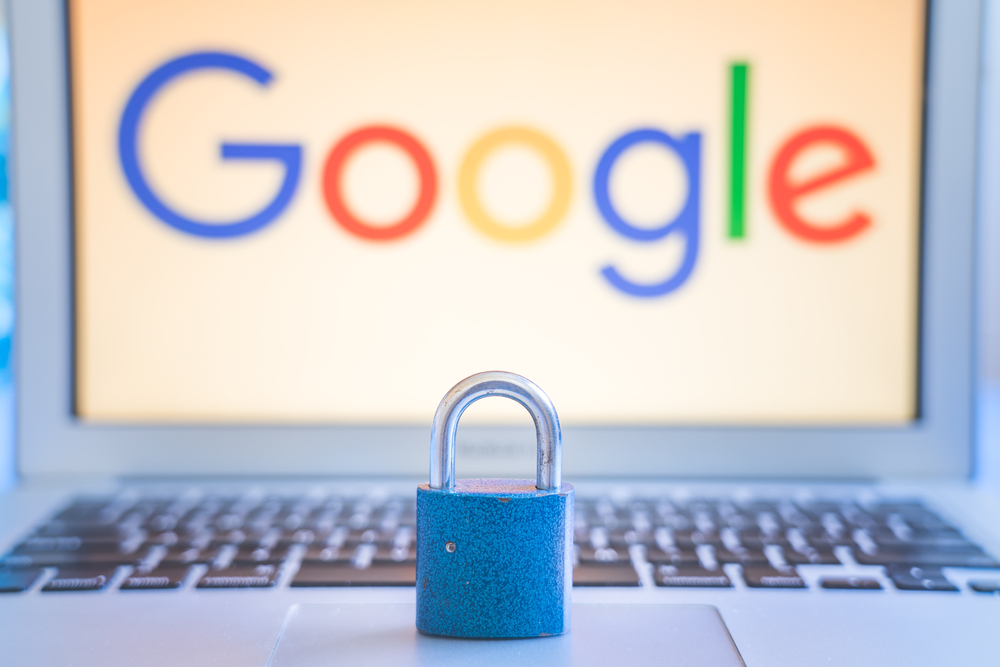
Image Credit: Shutterstock
How to Know if You’ve Been Affected
Troy Hunt’s website Have I Been Pwned has become an essential tool for anyone who wants to know if their information has been caught in a data breach. By visiting the site and entering your email address, you can instantly see whether your data has appeared in any known leaks over the past decade. If your address does appear, the steps are simple yet vital: change your password immediately, make sure it is strong and unique, and activate two-factor authentication for added protection.
Changing your password might seem like a small action, but it carries enormous weight. It’s a moment of reclaiming control, of saying that you won’t allow your digital identity to drift into the hands of strangers. Consider using a password manager, which can generate and store complex passwords so you don’t have to remember them all. These tools remove the burden of memorization while strengthening your defenses against attack.
Checking whether your data has been leaked isn’t just about technology. It’s about awareness. It’s an act of mindfulness in a world where we’ve grown numb to digital risks. Every time you take a moment to secure your accounts, you remind yourself that your digital life is worth protecting. You remind yourself that your online presence isn’t separate from you: it is you, woven into the modern fabric of communication, creativity, and community.
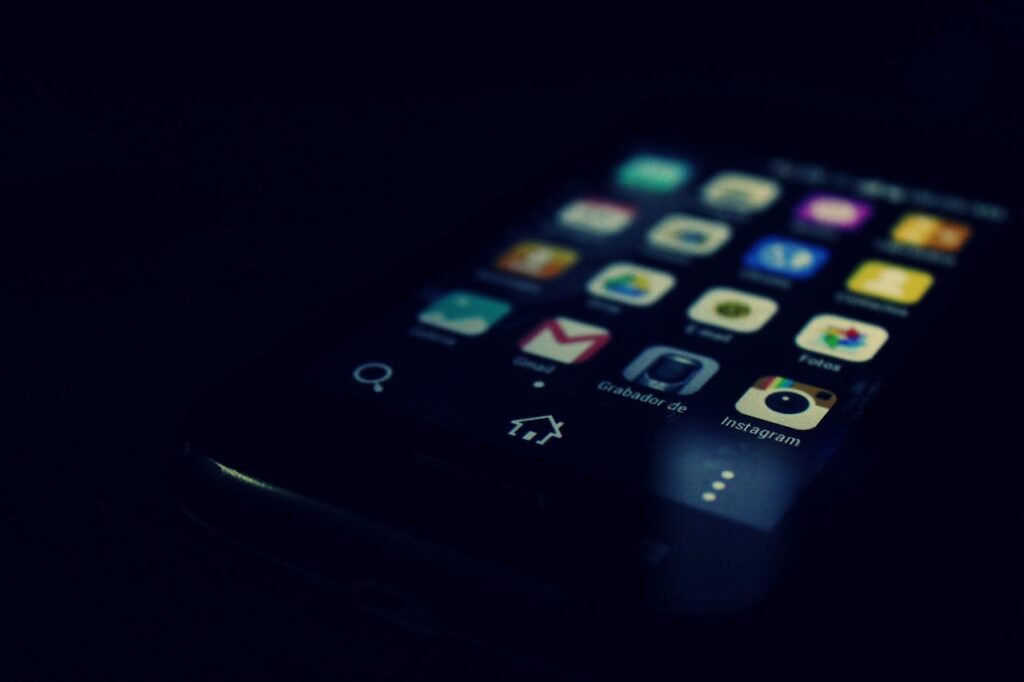
Image Credit: Shutterstock
A Mirror for Our Digital Habits
This incident, as alarming as it is, reflects something larger than cybercrime. It mirrors how we live, how we trust, and how we sometimes forget that convenience comes at a cost. Every password we create is an act of trust. We trust that it will keep us safe, that the platforms we use will respect our data, and that our habits are strong enough to protect what matters. But that trust can only exist if we nurture it. Just like physical health, digital safety depends on maintenance, discipline, and awareness.
When we ignore security warnings, reuse old passwords, or skip updates, we are not just risking data: we are risking identity. Every choice we make online is a small reflection of how seriously we take ourselves in the digital world. Security is not paranoia. It is self-respect. Just as we lock our front doors at night without question, we should treat our digital locks with the same care.
Technology is often painted as the villain when breaches happen, but it’s not technology that fails: it’s our relationship with it. Machines do not choose to be careless, but humans do. Awareness is our greatest defense because it turns us from passive users into active guardians of our own privacy. Awareness turns fear into empowerment.
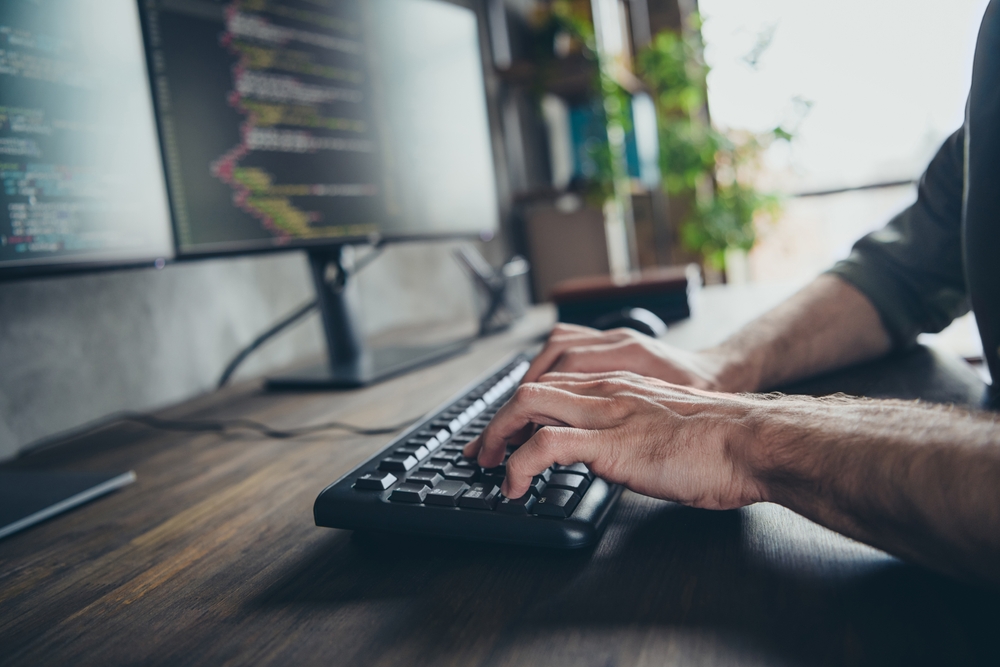
Image Credit: Shutterstock
The Takeaway: Awareness as a Shield
This breach is a reminder that safety in the digital age is not a guarantee but a practice. It is something we must participate in every day. Take this as your signal to act. Visit Have I Been Pwned, check your accounts, change your passwords, and activate every layer of protection available. Share this knowledge with the people you care about. Awareness spreads faster than any virus, and when we lift each other up in vigilance, we make the digital world safer for everyone.
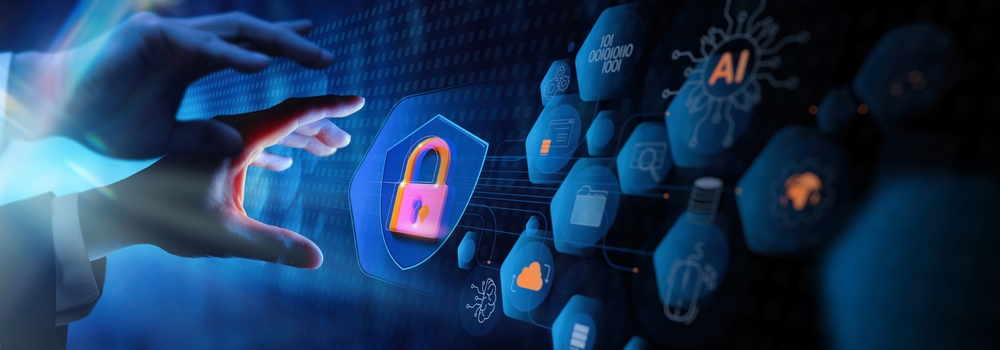
Image Credit: Shutterstock
Our data is more than code. It is our voice, our story, our history. Protecting it is an act of love: for ourselves and for the generations growing up in this hyperconnected world. Technology will continue to evolve, and so will those who seek to exploit it, but the human ability to adapt is stronger still. The greatest firewall is not in your device; it is in your mind. When you choose awareness over complacency, you are not just guarding information: you are protecting your peace.
Featured Image via shutterstock
Loading...

